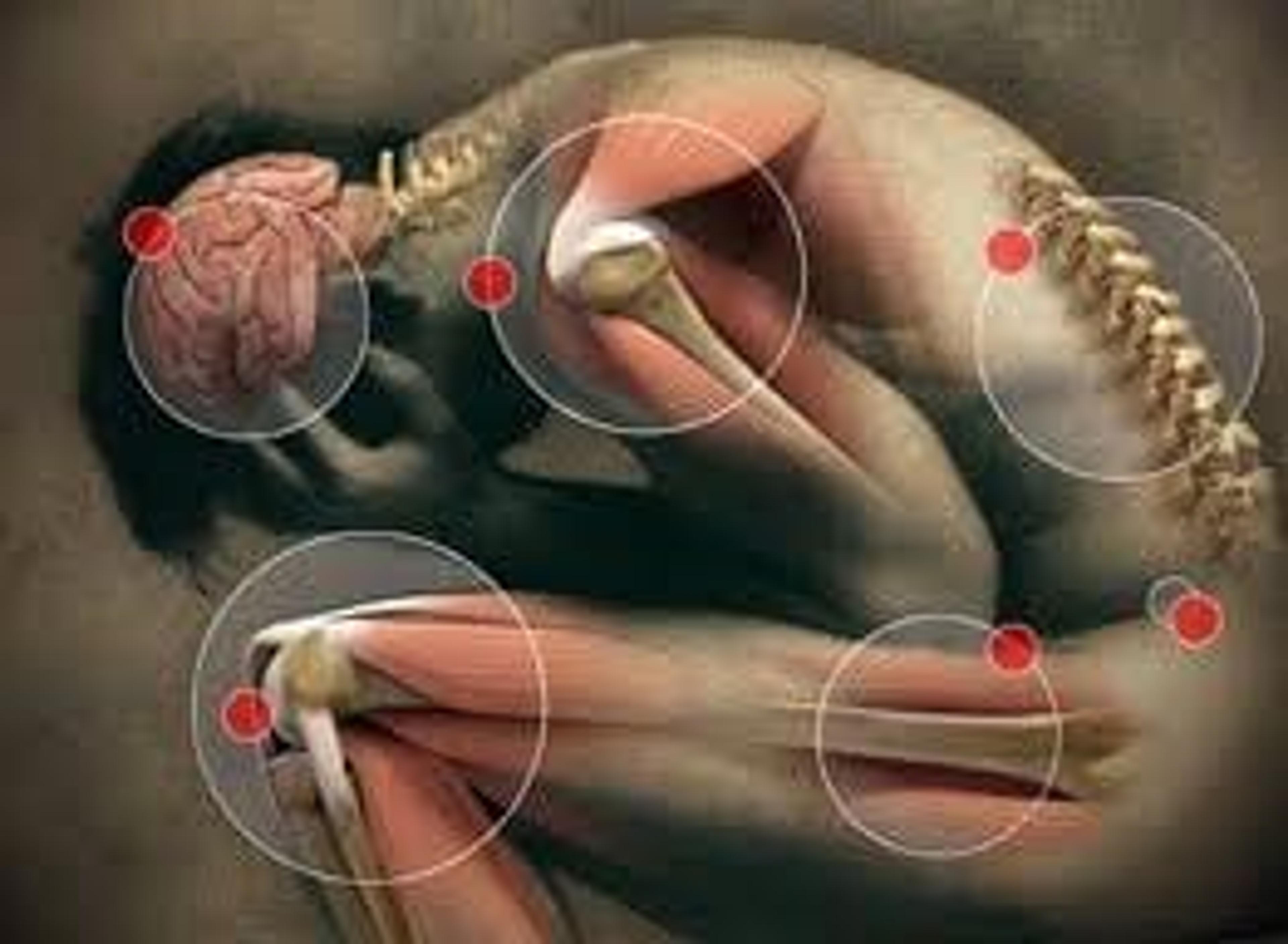Prepare your arthritis for the colder months to come

Kristin Coppens
| 3 min read

Tis’ the season. Michigan’s fall is swiftly passing by and winter months with colder weather are on the horizon. Falling temperatures can mean a number of different changes to those dealing with various arthritis diseases and conditions. It’s commonly heard (stereotypically from older individuals) that they can predict the weather by how their joints feel. Though there is not a large amount of research behind this, there is more validity than one might think.
Studies show that the feeling of being able to predict the weather in arthritis sufferers comes from a few different factors; Most prevalently, a fall in barometric pressure, a lowering of temperature, and increased precipitation. These three factors, together or individually, thus increase pain. Keep in mind, most of this research is primarily addressing osteoarthritis; nevertheless, the tips are universal for autoimmune arthritis diseases (and all ages).
A 2007 study from Tufts University found that every ten-degree drop in temperature corresponded with an incremental increase in an individual’s pain levels. In other words, lower temperatures, lower pressure, and precipitation equals higher pain. Another study showed that when pressure in the hip joints was equated to atmospheric pressure, it threw the ball of the hip joint about one third off track. Researchers are not yet completely sure why this happens, though it is mostly thought the atmospheric pressure directly affects the pressure in a person’s joints. In most cases, this would not cause issues. However, for arthritis sufferers this is particularly bothersome as their joints are already inflamed and deteriorating.
So what can you do? Throughout the entire year, diet, exercise, weight management, and proper nutrition supplements are important for individuals with arthritis. During the colder months, these not only take on a different meaning, but also become even more essential.
-Dress warm: Make sure arms, hands, neck, feet, legs, ankles are sufficiently covered so as to prevent a chill to your bones.
-Exercise inside: Practice low impact exercising from a stationary bike or elliptical machine during the colder months. Keeping your weight under control is especially important to prevent the extra pressure on joints.
-Enjoy warm water: Exercise in a heated pool, take warm baths, drink warm tea.
-Keep up on Calcium and Vitamin D: These supplements help protect your bones and can assist in strengthening. Glucosamine is also known to aid in properly lubricating your joints.
-Use hot packs or heating pads: Though hot and cold relief is sometimes dependent upon the person, hot packs or heating pads can help loosen joints and muscles.
-Stretch: Arthritis sufferers tend to stiffen up more during the colder months. Stretching at night and in the morning can help keep a person more limber throughout the day.
What tips help your arthritis as the weather changes?
Photo credit: Wellpath Clinic





